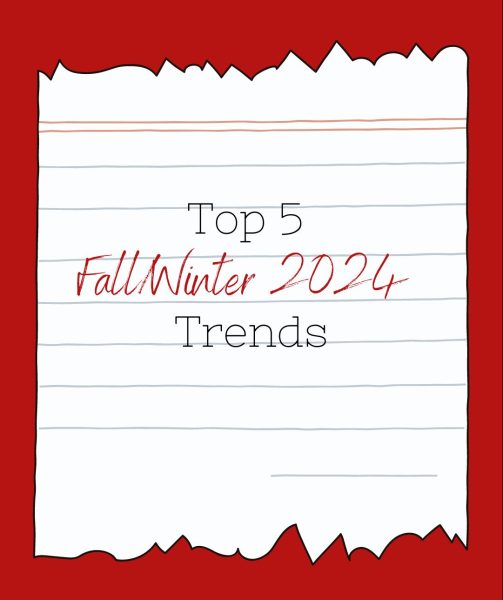On DACA and Partisanship
February 27, 2018
With controversy surrounding the Obama-era executive order, DACA or Deferred Action for Childhood Arrivals, has been under fire since October when Donald Trump threatened to rescind the program. Affected are the children of illegal immigrants who brought entire families to the United States and applied to the program for amnesty from the federal government. The political sphere in America has divided considerably since Trump’s warning to the “dreamers;” while most conservative Republicans oppose the policy in all its forms, liberal Democrats have spent the past five months pushing for the rights of these DACA recipients.
We know that America has a problem with political bubbles—typically Democratic areas of the country stick to liberal ideas while typically Republican areas stick to conservative ones. Unfortunately, there is seldom any grey area. But what would happen if someone supporting the end of this program met a DACA family?
Jimmy Kimmel answered this question in his Jan. 30 episode of Jimmy Kimmel Live. Ultimately, after proving that DACA recipient Esmeralda and her family were positive contributors to American society, only one fervent opposer of the program reconsidered their stance. The woman suggested the government make an exception for this specific family. This addresses some of the issues we see today with opponents (and proponents) of illegal immigration: focusing on extremes, nobody seems to holistically consider the families protected by this executive order. They are just statistics and “illegal aliens.”
Much like believers in the “American dream,” these individuals have unique stories with circumstances that have the chance of being wildly different than another’s. Most dreamers were brought to the U.S. as children as young as 10 years old without the ability nor discretion to protest migrating into foreign land. We continue to blame the recipients of this program when they had virtually no control over the lives they’d lead in America.
This highlights the strife immigrants continue to face in this country; nativist Americans have distrusted newcomers for centuries, whether we’re looking at the Irish, the Chinese, or the Mexicans. History has proven time and time again that the bigotry Americans hold for these peoples is fruitless as they integrate and become pivotal to American economy, policy, and society.
Although recipients of the program most likely will not be stripped of their rights once March fifth rolls around, the registration deadline stands as a symbol for what partisanship in America has become— a competition to see how extreme individuals can go in their beliefs before their arguments lose meaning. Or, as my friend put it, “everyone is so emotionally obsessed with their own beliefs that they can’t find some form of compromise or actually put forth effort to make change.”
However, these partisan issues never have a distinct resolution. We can only wait as the political landscape shifts in America, perhaps soon or in the distant future. As Pierre Eugene du Simitiere once suggested, e pluribus unum— “out of many, one.”





